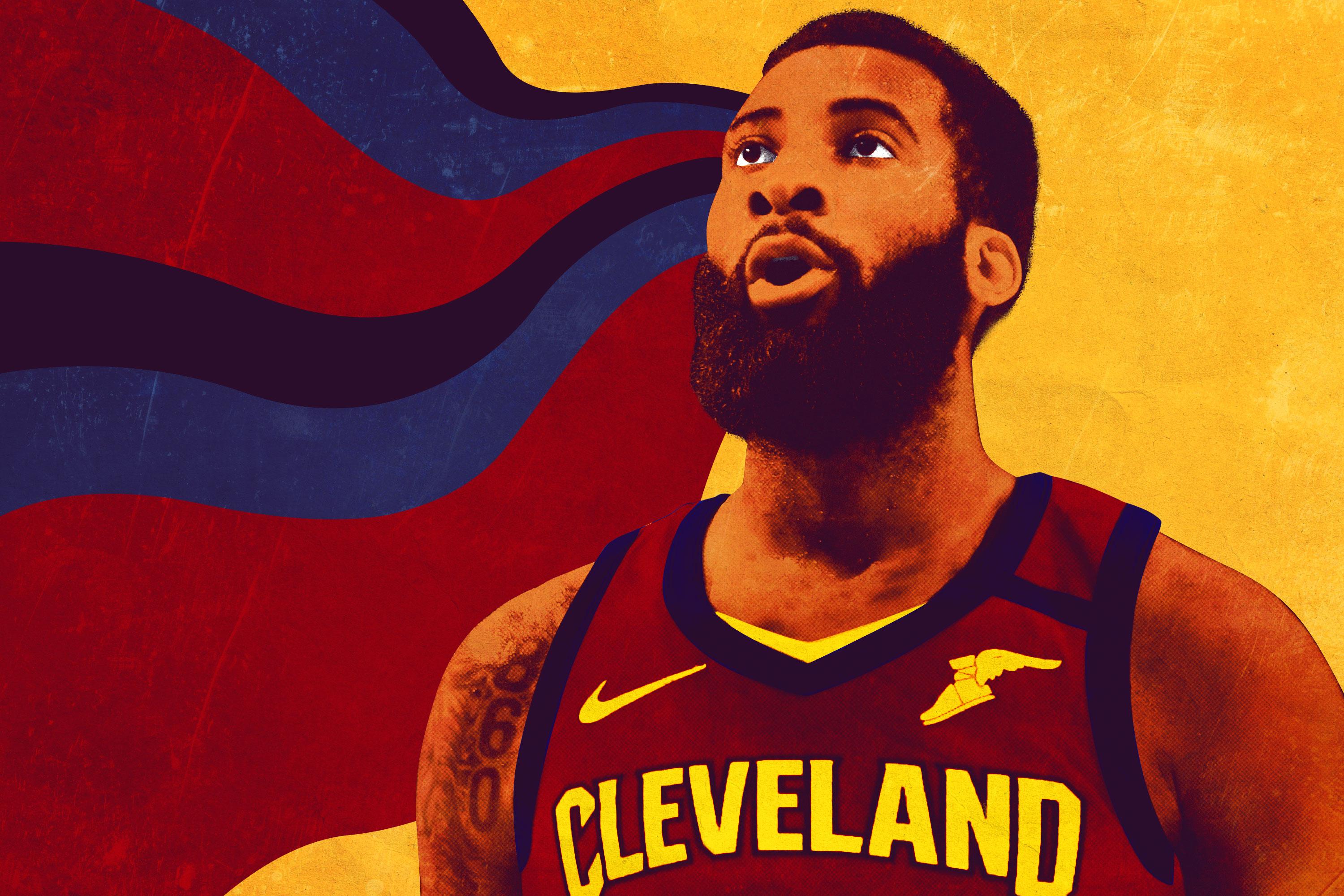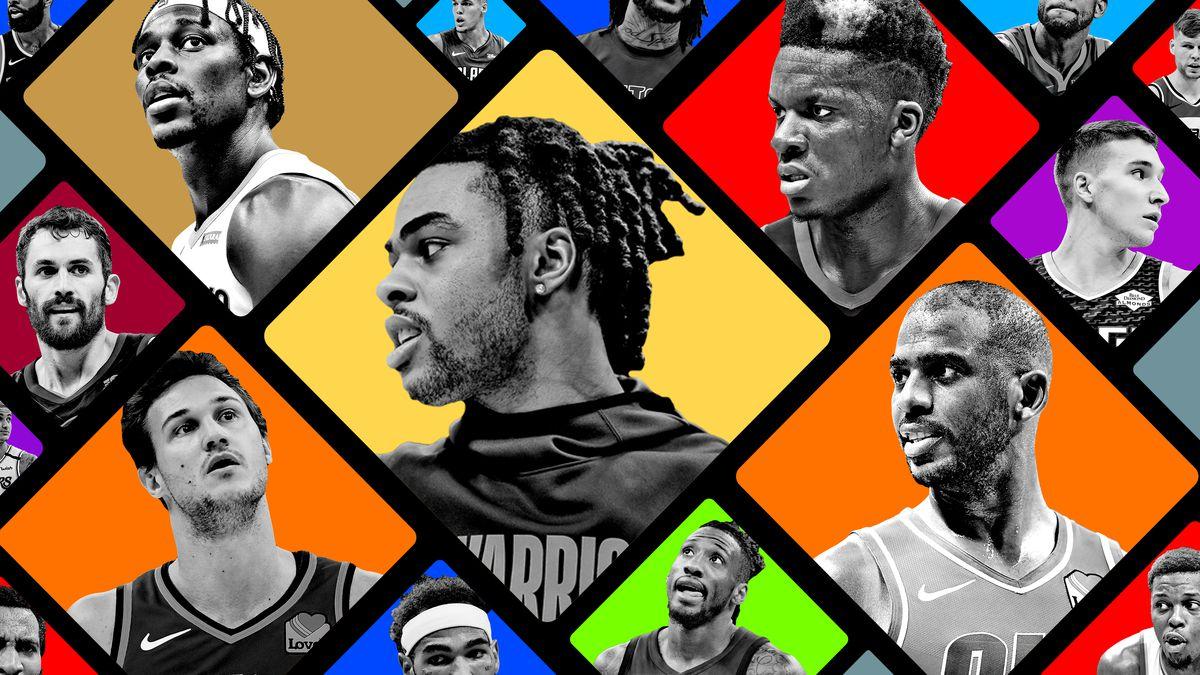
My favorite type of trade is when a big-name player goes from one bad small-market team to another. On Thursday, much to my delight, the Pistons sent Andre Drummond to the Cavaliers in exchange for Brandon Knight, John Henson, and a second-round pick. At first, when the report included only Drummond’s name, I was surprised that the Cavs had a worthwhile package to offer. After seeing the trade in its entirety, I realized that they didn’t.
The Pistons are either generous, tired, or both to have accepted the contents of a junk drawer for their franchise center. Trading Drummond wasn’t wholly unexpected, despite what his tweet says; he’ll probably opt out of the remaining year of his contract at the end of this season. It makes sense that the Pistons wanted to get something back for him. That they got so little is symbolic of his time in Detroit.
It’s been nearly a decade since the Pistons drafted Knight in 2011 with the eighth overall pick. After journeying around the league for years, the most Knight offers the Pistons is cap space. He’s on an expiring contract, as is Henson. Maybe the goal is to re-sign the pair, who are averaging five points each this season in Cleveland. Maybe the hope is that a lack of financial freedom, not a lack of interest, has kept players away from Detroit in free agency.
Detroit will spend many more years undoing the wrongs from the Stan Van Gundy and Jeff Bower era, and from Joe Dumars before him. They committed to size and strength when the rest of the league explored pace and space. Their money’s been locked up for years, from the Drummond extension to re-signing Reggie Jackson (his contract finally expires this season) to acquiring Blake Griffin. Because why not add a rarely-healthy 30-year-old on a max contract to the mix? It’s 2020, and Josh Smith—who last played for the Pistons on December 21, 2014—is still on this season’s payroll. If there’s a positive in how egregiously meek the return for Drummond is, it’s that for once, the Pistons haven’t committed to much. The future isn’t bright by any means, but for the first time in a long time, it’s open.
Cleveland’s five-year plan has more shape to it. The backcourt is made up of Collin Sexton, 21, and Darius Garland, 20; it already has the best nickname in basketball, SEXLAND. They’re not that great together, but they’re still so young that we can attach an all-caps YET to that indictment. Then there’s Kevin Love, who was also a potential trade piece at the deadline. Love is 31 with recurring injury issues, and because he’s owed $91.5 million over the next three seasons, dealing him proved too difficult this time. Many teams could use Love, though, and the opportunity to shop him in the future isn’t lost.
A Love trade will depend on how this Drummond acquisition plays out. If the Cavs hope to re-sign Drummond, who is, somehow, still only 26, then perhaps the front office envisions a “sped-up” rebuild (in quotations because anything less is disingenuous) that includes Love. Drummond is averaging 17.8 points and 15.8 rebounds this season. He’s a traditional center with concrete offensive limitations, but he’s still good at what he’s good at, which is winning battles under the bucket. The Cavs also have Tristan Thompson and Larry Nance down low; Thompson will hit free agency this summer if he’s not bought out before, and Nance is under contract until 2023. The Ringer’s Dan Devine called it a “confederacy of centers.” I’ll go with “confusion.” This is the wonderful part about a big-name player going from one bad small-market team to another—irrelevance in a new uniform looks almost like hope.
